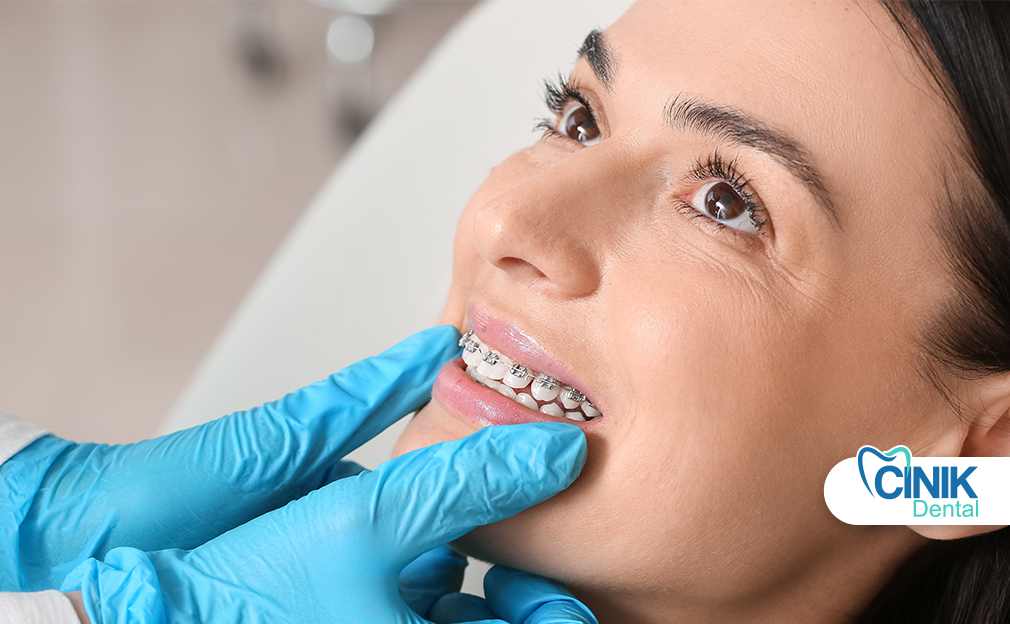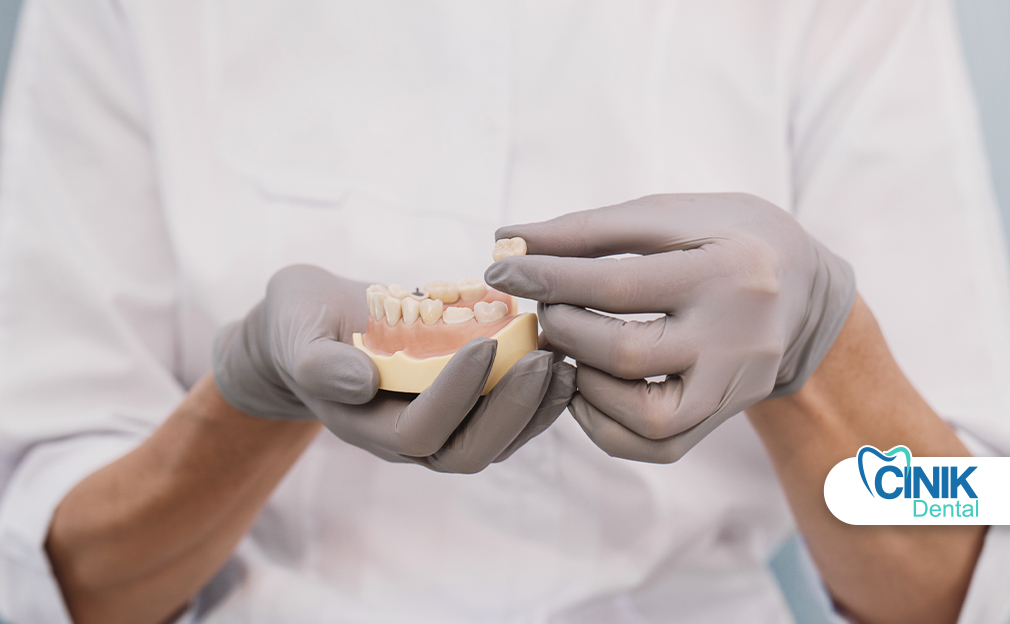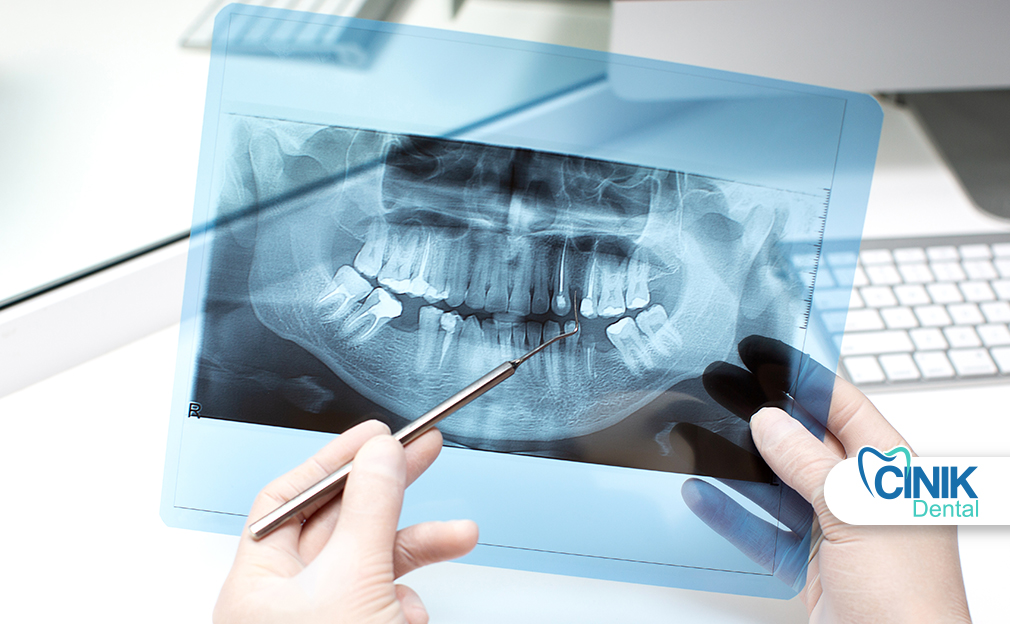Zirconium Veneers in Turkey Explained: What They Are and Why They’re so Popular
Let’s dive in: why are zirconium veneers in Turkey catching fire across the cosmetic dentistry scene, and what exactly are they? Did you know? The dental tourism scene in Turkey is booming! Experts say that by 2030, this market will be worth over a billion bucks, and it’s growing super fast; over 20% every year! Why? Because Turkey serves up top-quality dental care at wallet-friendly prices, plus the latest treatments that folks worldwide just can’t resist. So, what’s beneath that pearly white surface? Zirconium veneers are made from zirconia (zirconium dioxide, ZrO₂), often stabilized with yttrium oxide to give it serious structural strength. Simply put, it’s super tough ceramic that fights off cracks, handles all the chewing pressure, and sticks around for the long run. Zirconia veneers and crowns are way tougher than porcelain or lithium disilicate (Emax), so they’re less likely to chip or break; perfect if you’ve got a strong bite or grind your teeth. That said, earlier generations of zirconium were a bit dull. Think steel vs glass. Old-school 3Y-YZP zirconia looked a bit opaque on front teeth. But, fast-forward to 5Y or ultra-translucent zirconia, and you’ve got materials that mimic enamel pretty convincingly. Modern labs in Turkey can mill zirconium veneers as thin as 0.5–0.7 mm, maintaining decent translucency, especially when matched to the patient’s tooth shade and cemented carefully.Monolithic vs Layered Zirconia: What’s the Deal?
Not all zirconia veneers are the same; there’s more than one way to get that perfect smile. You’ll mostly hear about two types: monolithic and layered zirconia, and each has its perks (and a few quirks). Let’s keep it simple and break it down:- Monolithic zirconia: shaved from a single block (no layered porcelain). Super strong and has a low risk of chipping, but a bit less translucent. Often glazed or stained for a nicer finish .
- Layered (veneered) zirconia: a zirconia core covered by a porcelain overlay to mimic the glint of enamel. Although it looks beautiful, the porcelain can chip or delaminate down the road.
Why Everyone’s Talking About Zirconium Veneers?
If you’ve been dreaming of a strong, glowing smile that lasts, zirconium veneers might be your golden ticket. Especially with zirconium veneers in Turkey taking over the dental scene, people are flying in for this premium option, and for a good reason. Let’s break down why zirconia is winning hearts and teeth around the world.What Problems Do Zirconia Veneers Solve?
Zirconia veneers aren’t just about looking pretty (although they definitely help there too). They come in handy when you’re dealing with:- Stubborn discoloration that whitening can’t touch
- Chips or small cracks that mess with your smile
- Worn-down teeth from grinding or age
- Uneven shapes or spacing
Zirconium Veneers’ Top Pros
Whether you’re after durability, comfort, or that flawless smile, zirconia veneers deliver on all fronts. Here’s the lowdown on their top perks:- Built to Endure
- Safe for Your Body, Easy on the Gums
- Long-Lasting, Like Really Long
- Surprisingly Natural-Looking
- Resistant to Wear and Corrosion
Zirconium Veneers vs Porcelain vs Emax: How They Differ?
Whether you’re weighing zirconium veneers vs. porcelain or zirconium veneers vs. Emax, here’s a clear comparison to help you make the right choice:| Feature | Zirconia Veneers | Porcelain Veneers (Feldspathic) | Emax Veneers (Lithium Disilicate) |
| Aesthetics | Natural-looking, though slightly less translucent than porcelain. | Have an enamel-like glow due to high translucency | High translucency; very lifelike |
| Durability | Extremely durable, with flexural strength up to 1,200 MPa; ideal for grinders | More delicate, prone to chipping/cracking with approx. 6–15% failure over 3–5 years | Stronger than traditional porcelain at 360–400 MPa |
| Cost | Slightly higher upfront, but with a long-term value | Mid-range, but may need repairs | Mid-high due to their durability and aesthetic appeal |
| Best Use | Back teeth, heavy bites, full-rehab, and bruxers | Ideal for front teeth where sparkle matters | Front teeth and gummy smiles; great for strength and beauty |
Who’s a Great Match for Zirconium Veneers in Turkey?
Zirconium veneers in Turkey are seriously awesome if you want a smile that lasts and looks great, but they’re not for everyone. Here’s the scoop on who’s a great fit and who might want to hold off for now. You’re Likely a Great Candidate if:- Your teeth are strong, and your gums are healthy. Zirconium veneers adhere best to enamel that is still functioning. A 2021 study found that veneers bond much better when there's enough healthy enamel, which helps them stay strong and last longer.
- You have cosmetic issues, and they're bugging you; consider discoloration, tiny chips, minor wear, or a few crooked teeth.
- Your enamel is just worn out or stained.
- You want a glow-up, whether it's a minor touch-up or a complete smile makeover.
When Zirconia Veneers May Not Be Your Best Option?
- Gum problems or uncured cavities: You're going to have to take care of those first; veneers only work on healthy foundations.
- Seriously crooked teeth or bite issues: Veneers can't fix those; orthodontics would be a better bet.
- Too little enamel left: too little surface area for zirconia veneers to bond, so a higher likelihood of failure.
- You grind your teeth (bruxism): That tension can wear veneers down, unless you're willing to wear a night guard.
- Poor oral hygiene: Because zirconium veneers rely on healthy teeth and gums to stay secure; otherwise, they’re likely to fail.
Zirconium Veneers in Turkey: How Do Prices Compare to the UK and the US?
So, how does the zirconium veneers price in Turkey compare to the UK or the US? Let’s break it down. Here’s a quick side-by-side to show just how far your money goes, especially if you’re considering a full-smile makeover, not just one or two teeth.| Country | Price per Tooth⁺ | Full Smile (16–20 teeth) | Notes |
| Turkey | $220–$300 (~£175–£250) | $3,200–$5,000 (~£2,800–£4,500) | Often bundled in all‑inclusive packages (hotel, transfers, X‑rays, etc.) |
| UK | £700–£1,200 (~$850–$1,530) | £11,000–£24,000 (~$13k–$29k) | Typically treatment-only; travel isn’t included |
| USA | $1,000–$2,500 per veneer | $16,000–$50,000+ | US price reflects higher materials/labor cost; no travel’s included |
What Affects Zirconium Veneers Cost in Turkey?
- Material quality, number of veneers, and lab technology.
- Location matters: big-name cities like Istanbul or Antalya usually mean higher pricing.
- Included services: e.g., airport pickup, hotel, and consultations.
- Pre-treatment need: gum or orthodontic care can increase the overall cost.
Are Zirconium Veneers Covered by Insurance?
Since veneers are considered a cosmetic treatment, typical dental insurance in the UK, the US, or Turkey does not cover them. You’re usually paying out of your pocket for the aesthetic upgrade.Why the Big Price Gap?
- There are a few big reasons that make Turkey stand out, like cheaper labor, a strong exchange rate, and loads of clinics competing to offer the best deals. That means clinics can afford the same high-end tech and top-quality materials without charging an arm and a leg. Just to give you an idea: Dentists in Istanbul earn around ₺1.26 million a year (that’s about €1,334/month), while their U.S. counterparts rake in nearly $155,600. Big difference, right?
- Package deals are the standard in Turkey; all-inclusive packages include surgery, accommodation, and transfers for one set price (e.g., 20 veneers for £3,500–£4,200).
- UK and US prices are for treatment only, excluding travel assistance and add-ons.
- A 2025 report found that most of Turkey's dental clinics use high-tech machines, like CAD/CAM and 3D imaging technology, to offer veneers at low prices for everyone without compromising quality.
The Not-So-Glossy Side of Zirconium Veneers
Zirconium veneers in Turkey are seriously tempting, especially with those all-inclusive deals. But like anything that sounds too good to be true, they come with a few caveats you’ll want to chew over. Here are a few cons to keep in mind:- Porcelain Can Chip (Yes, Even Zirconia-Backed Ones)
- It Might Wear Down Other Teeth
- Aesthetic Trade-Offs in Older Types
- Bonding Takes Skill (Not Every Clinic Nails It)
- More Tooth Needs to Be Shaved
- It Can Age, Just Like Us



